why do we love true crime so much?
Our fascination with true crime goes deeper than you may think.
It’s OK, you can admit it; we’re all friends here. You like grisly murders. The grislier the better. Abductions, embezzlements, disappearances, schemes in the shape of pyramids. You have a thing for serial killers. You especially like the mysteries that haven’t been solved, like that of suburban husband Rey Rivera, who received an anonymous phone call in 2006, ran out of his house, and was later found dead in an empty conference room, apparently hurled from an unreachable balcony. (Google it; it’s intense.)
It’s not like you want Frank next door to be keeping a freezer full of toes, but a small, secret part of you would kind of enjoy being that neighbour on the news: “Frank? He always seemed too quiet. Lent me a cup of sugar once. Said I had lovely feet.”
Yes, true crime is here to stay. Podcasts, documentaries, movies, TV shows, books, magazine articles (guilty as charged). Wherever you look, there are stories about people doing horrible, gruesome things to other people.
When did it explode? Was it with Serial, the 2014 viral podcast about the murder of 18-year-old student Hae Min Lee? Or maybe we can go back to the unsolved (read: definitely solved but legally untouchable) murder of JonBenét Ramsey in 1996? Or maybe OJ Simpson two years before that? The truth is, true crime has been around almost as long as crime itself.
Most people credit Truman Capote’s In Cold Blood (1966) with kicking off the true-crime genre, but the first true-crime magazine, True Detective, was already selling like hotcakes in the 1920s. Britain basically had a true-crime cottage industry going between 1550 and 1700, with publishers churning out hundreds of pamphlets, chapbooks and gruesome street tales, all of which migrated to the States with the invention of the penny press. It’s why Sherlock Holmes was such a smash hit. There was already a market for murder – Sir Arthur Conan Doyle just added a hat.
But the real mystery is: why do we care? Why are we so collectively obsessed with crime? Are we all degenerate pervs, or just ordinary people with a wholesome homicide fetish?
There are a few things we do know. For starters, women are more attracted to the genre than men. Social psychologist Amanda Vicary from Illinois Wesleyan University did some research and found that, while men are more likely to read or watch stuff about war, women are way more likely to consume true crime. One popular podcast, Wine & Crime, found that 85 per cent of its 500,000 monthly listeners were women. There’s a pretty obvious reason for this: women are statistically more likely to become the victims of serial killers or domestic violence, so from a pure self-interest angle, true crime makes a lot of psychological sense.
In an interview in 2019, Amanda explained the findings of her research: “Compared to men, women liked reading about the psychological content of true-crime stories. Stories where a killer was interviewed by an FBI profiler, for example. Research shows that women fear crime more than men, since they're more likely to be a victim of one. My thinking is that this fear is leading women, even subconsciously, to be interested in true crime, because they want to learn how to prevent it.”
This research seems to suggest that true crime is less about straight-up voyeurism and more about our own survival. By watching and listening to stories about true crime, we feel a little more prepared, maybe even comforted. Hey, the cost of fruit and veggies might be going through the roof, and you haven’t been to the dentist in like three years, but at least you weren’t hunted for sport or abducted by aliens. Life’s looking pretty good!
Other psychologists reckon we expose ourselves to violent stories as a way to “inoculate” against fear. Whichever way you slice it, the world’s a scary place. Bad things happen all the time. Maybe by watching and listening to true crime, we can build up exposure tolerance. Like getting over your fear of spiders by moving closer and closer to a tarantula. Next time there’s a spree killer in your neighbourhood, you’ll think, “Cool, accept no rides from suspicious vans selling flowers late at night. Gotcha.”
This might be part of the allure, but it doesn’t fully explain our obsession with exotic death, or why we’re interested in true-crime stories that have nothing to do with us. Stories about people we’ll never meet and places we’ll never visit. Why did people watch public executions back in the day? Was it simply relief – thank God it’s not me up there on the gallows – or are humans hardwired for violence?
There’s some evidence that the latter might be the case. A lot of psychologists think we watch true crime for the same reason we slow down to rubberneck a horrible accident on the freeway: we simply can’t help it. Humans are drawn to the aberrant, the taboo, the unusual, the gruesome, and the unsolved. We like on-the-loose endings. True crime often depicts extraordinary things happening to ordinary people – people like us – and for whatever reason, we can’t help but slow down and gawp.
“Serial killers tantalise people much like traffic accidents, train wrecks, or natural disasters,” Scott Bonn, a professor of criminology at Drew University, told Time magazine in 2016. “The public’s fascination with them can be seen as a specific manifestation of its more general fixation on violence and calamity. In other words, the actions of a serial killer may be horrible to behold, but much of the public simply cannot look away due to the spectacle.”
True crime is like pressing your face up against the glass at an exhibit marked, ‘Things You Hope Never Happen To You.’ It’s our return ticket to a world we know is out there, but would never want to actually live in. A world of senseless violence, cruel chance and sticky ends (the best kind). That’s why most true-crime stories follow a pretty standard structure – from mystery to chase to resolution – all in the time it takes to finish a packet of crispy M&M’s. As Scott Bonn explains: “They initially take you into the forest and scare the hell out of you. But then by the end of it, they bring you back out of the forest and you’re safe.”
This raises some interesting ethical questions. Questions like: is it cool to sit back on a Friday night, pop a bottle of wine, and actually enjoy someone else’s bloody murder? Should we get pleasure from other people’s pain? Is true crime voyeuristic and gross? Maybe the real monsters are – pause for reaction – us.
The jury is still out on this one. Personally, I think the real monsters are still the guys who wear other people as hats. The trick is to enjoy your true crime like Hannibal Lecter enjoyed his fava beans: with a grain of salt. Go in with your eyes open and your door securely locked. True crime is often more sensational than real life. All the messy, boring bits get trimmed off, like toes in a freezer. Remember, you’re watching someone’s subjective, carefully structured account of a thing that happened, not the thing itself. Truth is always stranger than fiction. That’s why we love it so much.
This gory story comes straight from the pages of issue 108. To get your mitts on a copy, swing past the frankie shop, subscribe or visit one of our lovely stockists.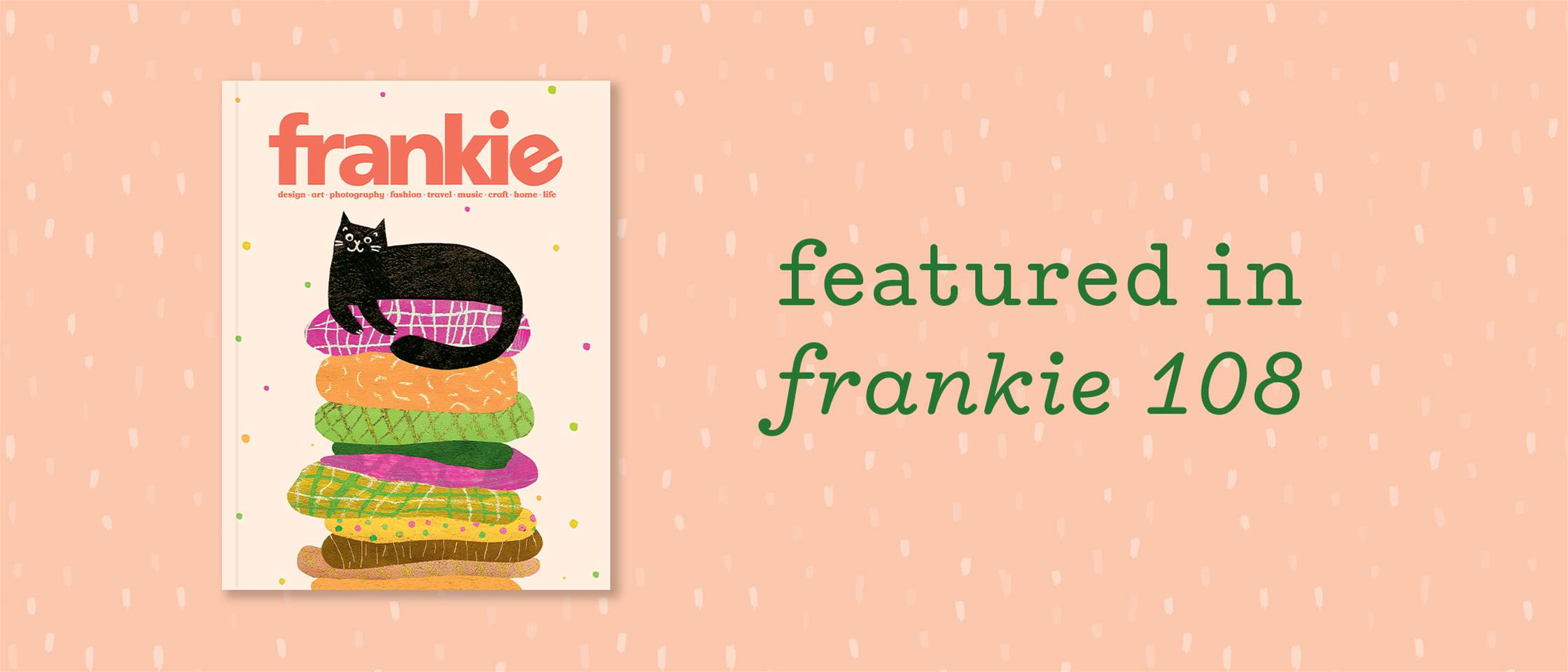
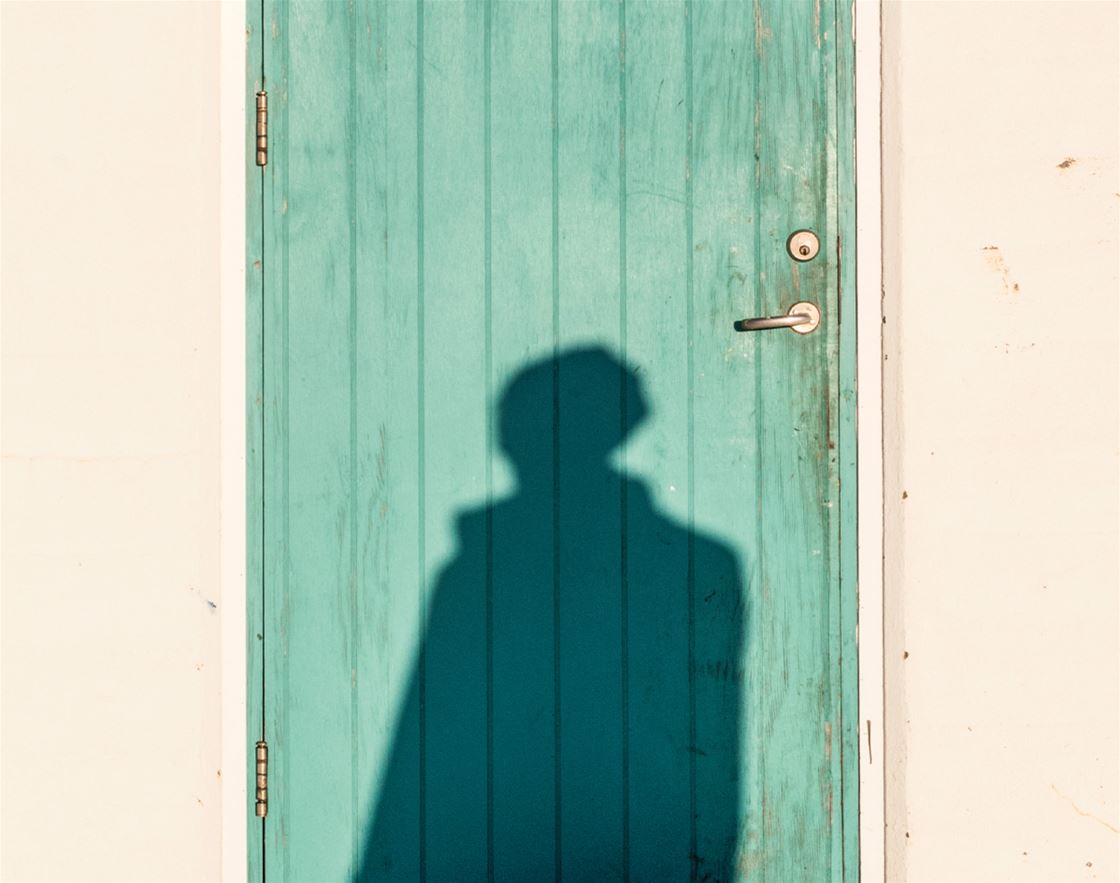
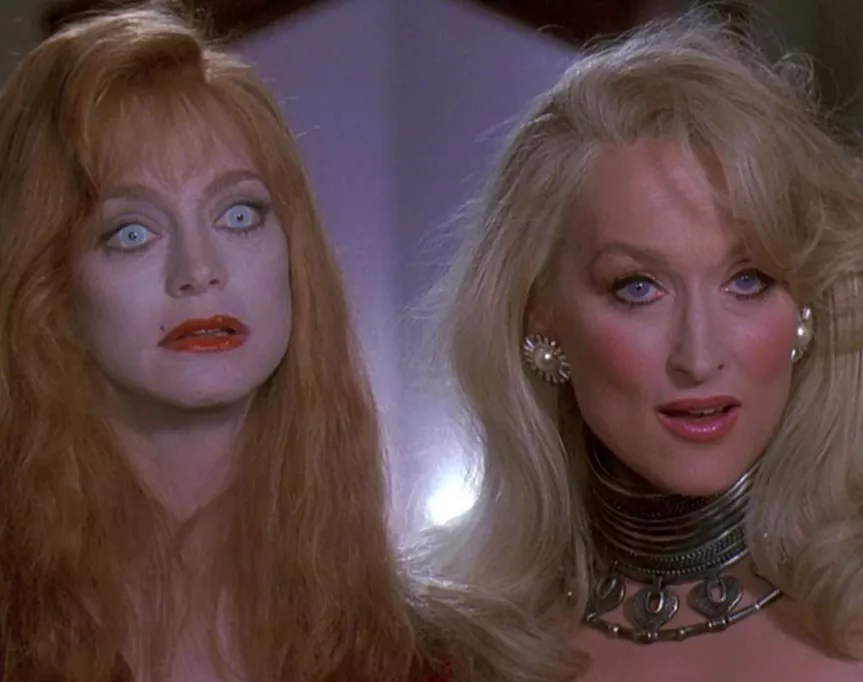
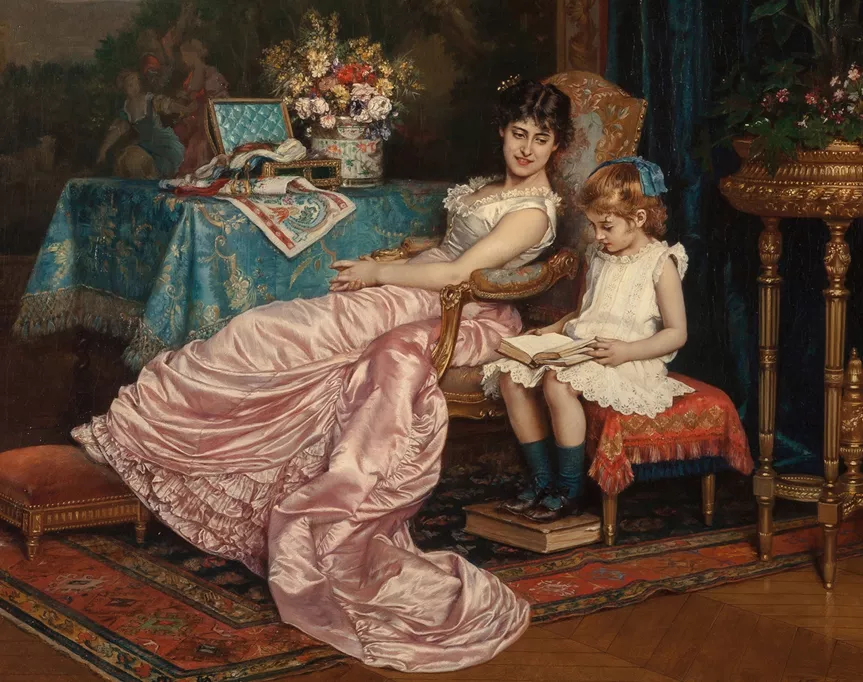

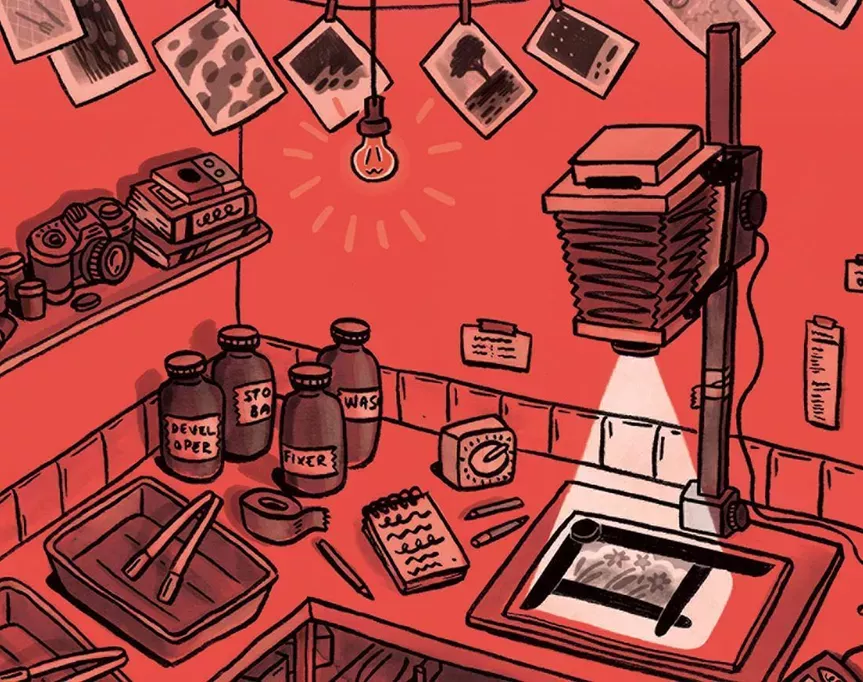





.jpg&q=80&w=316&c=1&s=1)










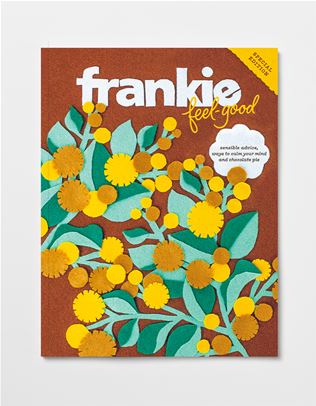






.jpg&q=80&w=316&c=1&s=1)










